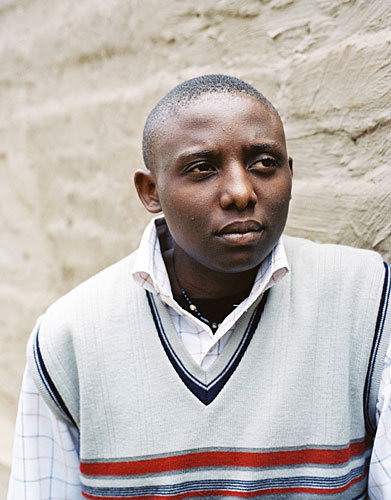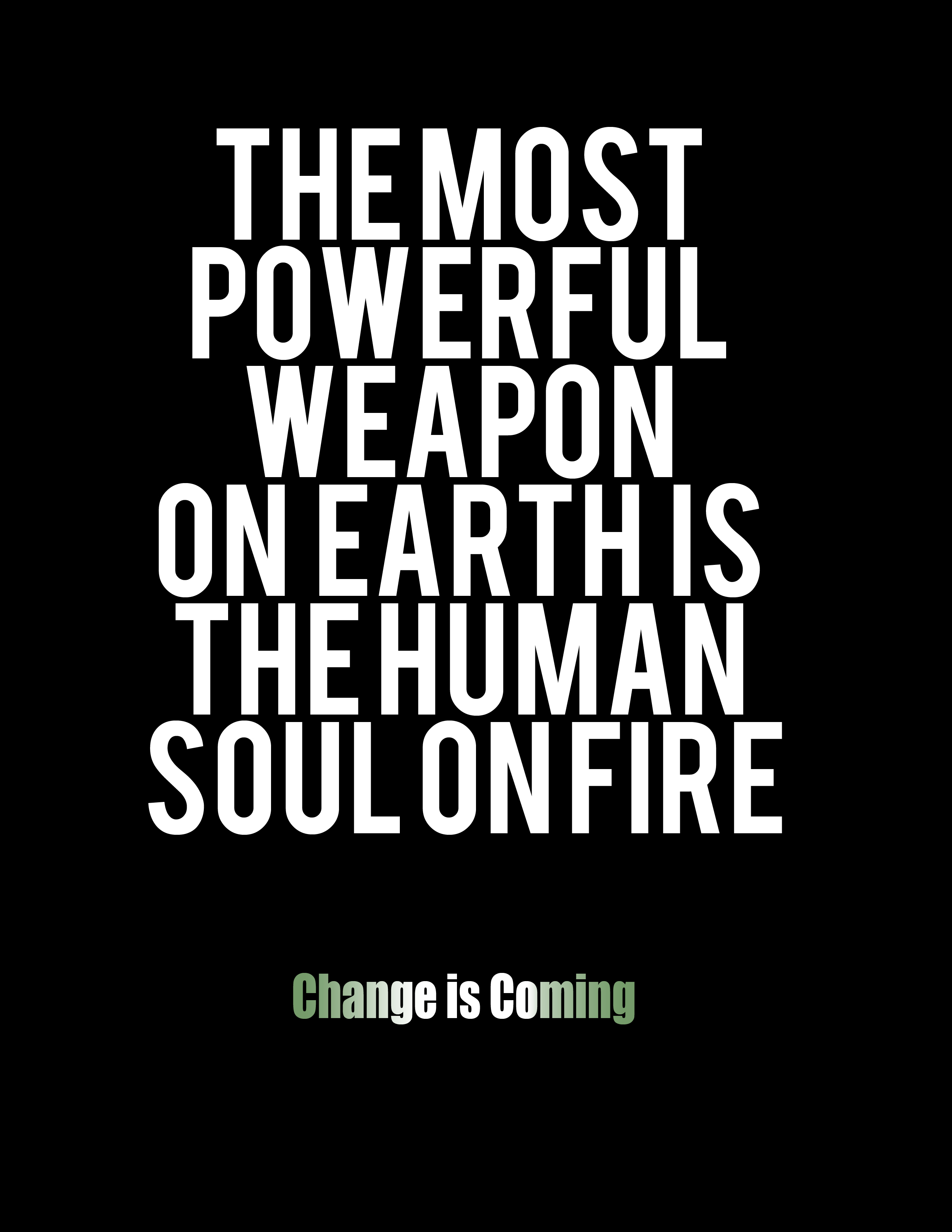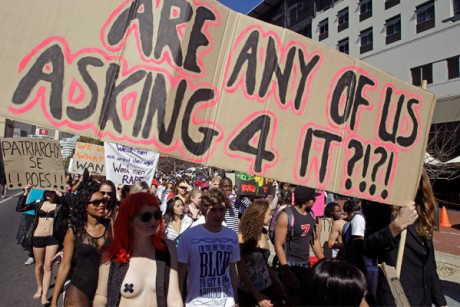The existence of LGBT Africans ultimately challenges the view that Africans are naturally attracted to people of the opposite sex (i.e. the Homosexuality is UnAfrican mantra). However, this pigeon-holes the entire continent — straight and LGBT Africans alike — into addressing homophobia from just one angle: sexual orientation. The danger…
-
-
My Straight African Brother’s Reflections on a Very Queer Christmas: “Two Couples and a Sibling”
My brother wrote this guest post for me for Christmas and I couldn't be any more moved. For any of you feeling hopeless about your families coming around, I want you to read this and see this as your future, see this as where your own family members could go.…
-
Open Letter to LGBT Nigerians and Diaspora: Stand Fast, Change is Coming
They are afraid, of our voices, of our power, of our resiliency. They are afraid of a younger generation of citizens, activists, and diaspora, and our collective belief in a more progressive Nigeria. They are afraid of our growing influence as we gather allies not just from the west, but…
-
Not Your Ordinary Thanksgiving: Reflections on Nigeria’s Anti-LGBT Bill (from a Gay Nigerian)
Today, as I await the news of Nigeria's latest anti-LGBT bill, I feel like an abandoned child who belongs nowhere -- it has nothing to do with not having a place to eat Turkey.
-
For Suicide Prevention Day, I am Calling for A Self-Care Revolution
In the US, suicide takes the lives of over 30,000 people each year. For young people 15-24 years old, suicide is the third leading cause of death. The strongest risk factor for suicide is depression. There are twice as many deaths due to suicide as there are for HIV/AIDS. And…
Online rulet oyunları gerçek zamanlı oynanır ve online slot casino bu deneyimi canlı yayınlarla destekler.
İnternet üzerinden eğlence bahsegel giriş arayanlar için deneyimi vazgeçilmezdir.
Kullanıcıların hesaplarına hızlı ve sorunsuz bettilt ulaşabilmesi için adresi her zaman güncel tutuluyor.



